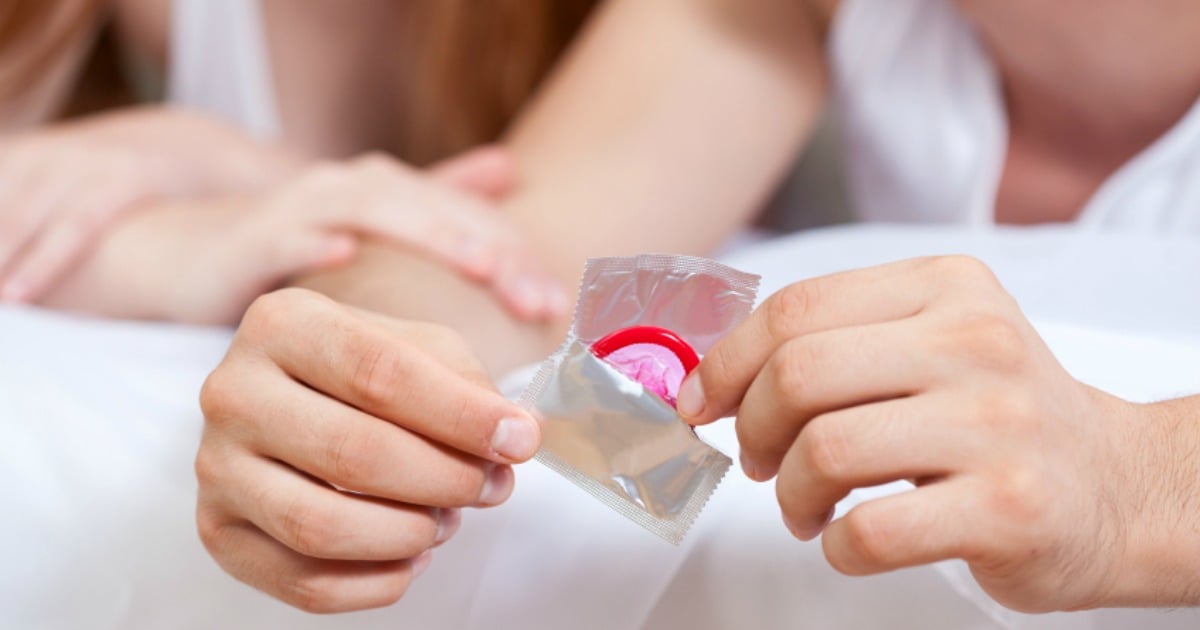Earlier this week, generations of Australian women mourned the loss of iconic girls’ mag Dolly after its parent company, Bauer Media, announced that the newsstand staple was coming to an end after 46 years.
One of the most iconic aspects of the magazine was its Dolly Doctor section – where girls from around the country could ask questions to a non-judgmental medical professional. Questions they’d never dare to ask their parents or sex-ed teachers, but deserved to know about nonetheless.
For women who grew up in a time before Google and WebMD, Dolly Doctor was the educator. She was the big sister, cool aunt, and understanding school counsellor. The person there to reassure us that no, a tampon wouldn’t leave us pregnant. (Neither will masturbating or french kissing, for that matter.)
Now, as we farewell Dolly, we ask the Dolly Doctor – Melissa Kang – to answer our angsty medical questions one last time.
My period symptoms have gotten a lot worse as I've grown older. Is this something to be concerned about?
I think you’re worrying about whether these symptoms mean something is ‘wrong’ or even sinister that’s going on in your body? In general, women in the third and fourth decade of life tend to have little variation in their cycles, with the obvious exception of the influence of pregnancy, childbirth, breastfeeding and hormone contraceptive use. These make your periods absent or lighter. So, if your periods have become much heavier, painful, frequent or irregular it’s definitely worth getting them checked out. Conditions such as endometriosis and fibroids are not sinister but can create lots of discomfort. Pelvic or sexually transmitted infections are usually less frequent as we get older but can appear as unexpected bleeding or pelvic pain. The serious conditions such as cancers tend to happen in older middle-aged women, usually around or beyond menopause. You might also be referring to pre-menstrual symptoms which can sometimes get worse with age, but there are ways to manage these as well. It’s worth getting a check up from your GP.






Top Comments
Dolly Doctor was an amazing resource as a teen before the internet. The column kept many of us informed, safe and reassured. Thanks. :) x
And it was reliable information - unlike "Dr" google.